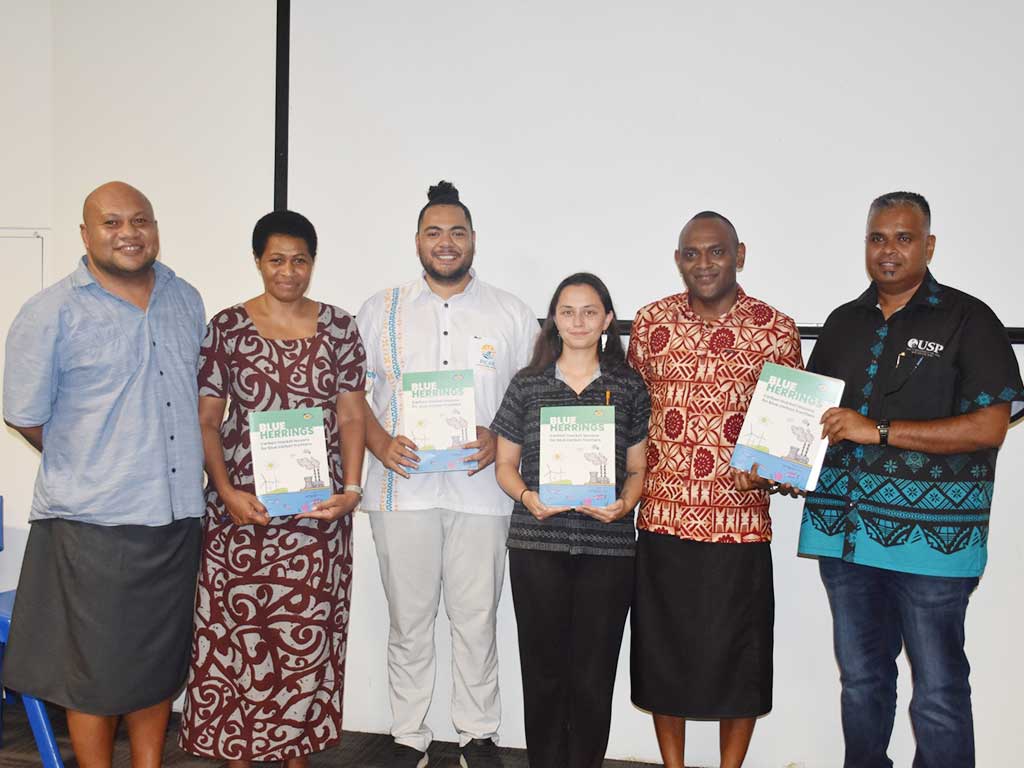
Following last week’s Pacific Oceans Alliance Ministerial in Suva, where regional leaders met to chart the future of the Pacific’s marine resources, civil society organisations are raising serious concerns over the push to integrate marine ecosystems into carbon markets.
The Pacific Network on Globalisation (PANG) launched a critical new report titled “Blue Herrings: Carbon Market Lessons for Blue Carbon Frontiers”, cautioning that the expansion of carbon trading into the Pacific Ocean could undermine Indigenous rights, destabilise traditional governance systems, and fail to address the root causes of the climate crisis.
“The rush for high-emitting countries and large corporations to commercialise marine ecosystems allows the new entry of carbon markets into the oceans, as the failure of carbon markets to reduce emissions and deliver financing to developing countries becomes clearer,” PANG warned.
The report draws on academic research, expert assessments, and community-level experiences with land-based carbon schemes. It finds that carbon markets have consistently underdelivered, both in cutting emissions and in providing stable, equitable financing for Pacific nations.
PANG Climate Justice Campaigner India Logan-Riley said the introduction of carbon markets into marine areas would only deepen existing conflicts over land and sea tenure. “Fisherfolk groups have already voiced concerns about the impacts on marine tenure and Indigenous subsistence practices. This is a serious red flag for Pacific governments,” they said.
The report also highlights the economic volatility of carbon markets, pointing out that like any other tradable commodity, marine carbon credits are vulnerable to price crashes, demand shifts, and project failures—placing Pacific economies at risk.
“Expanding carbon markets into the ocean is a dangerous false solution,” said Dr. Rufino Varea, Regional Director of the Pacific Islands Climate Action Network (PICAN). “These schemes let major polluters delay phasing out fossil fuels and avoid their responsibility to provide real, grant-based climate finance.”
Dr. Varea stressed that blue carbon initiatives threaten Indigenous rights and distract from urgent, people-led climate action. “We call on Pacific governments to reject blue carbon expansion and back justice-driven solutions that respect sovereignty and frontline realities,” he said.
Frances Namoumou of the Pacific Conference of Churches also spoke against marine carbon offsets, saying, “The ocean is sacred. It was given as a blessing. We must protect it from false solutions and stand with our communities in calling for real climate action.”
The Blue Herrings report calls for Pacific leaders to reject risky financial experiments and instead pursue grant-based funding and an urgent transition away from fossil fuels.